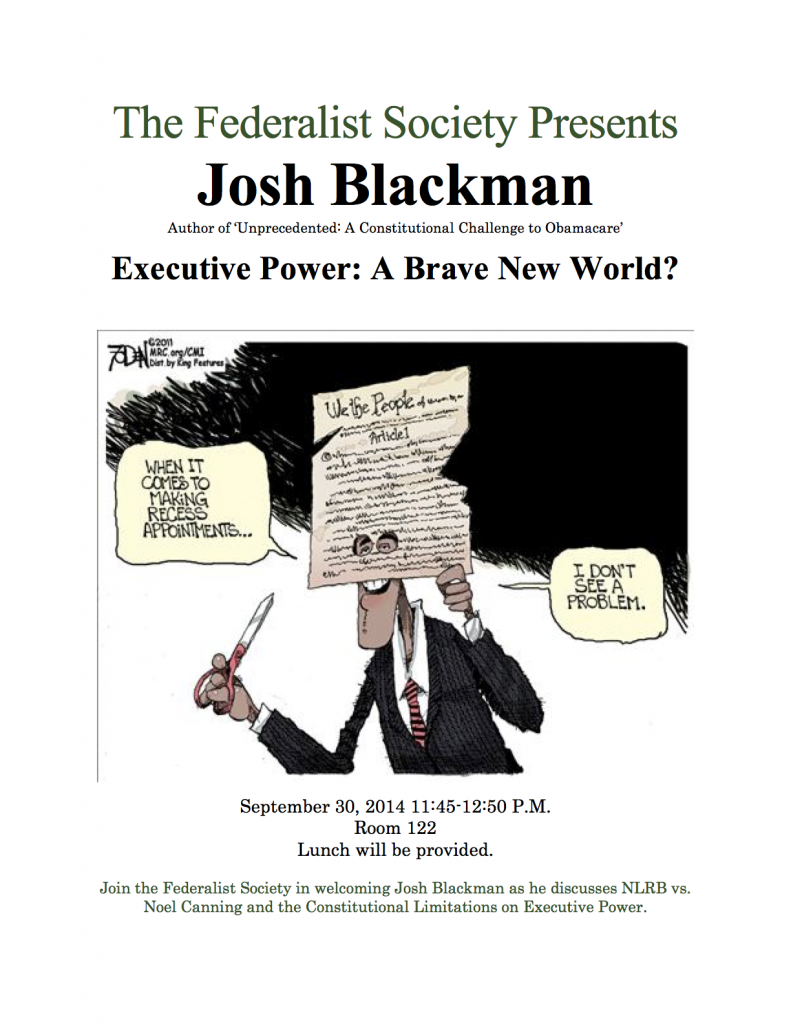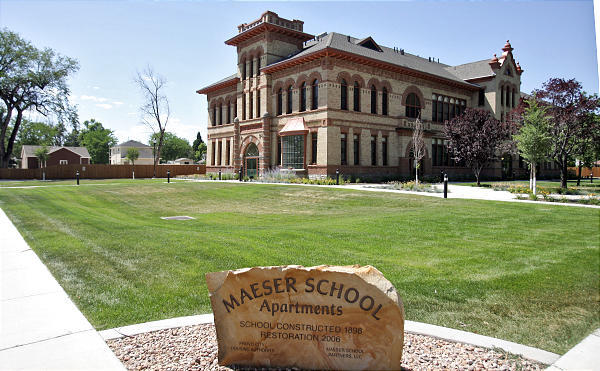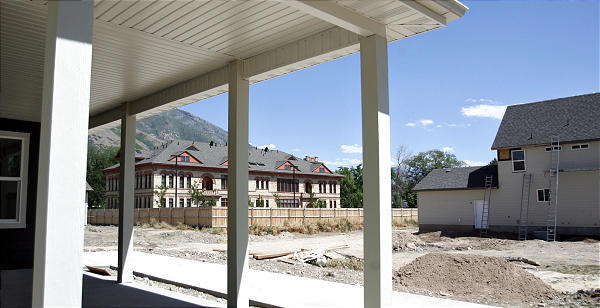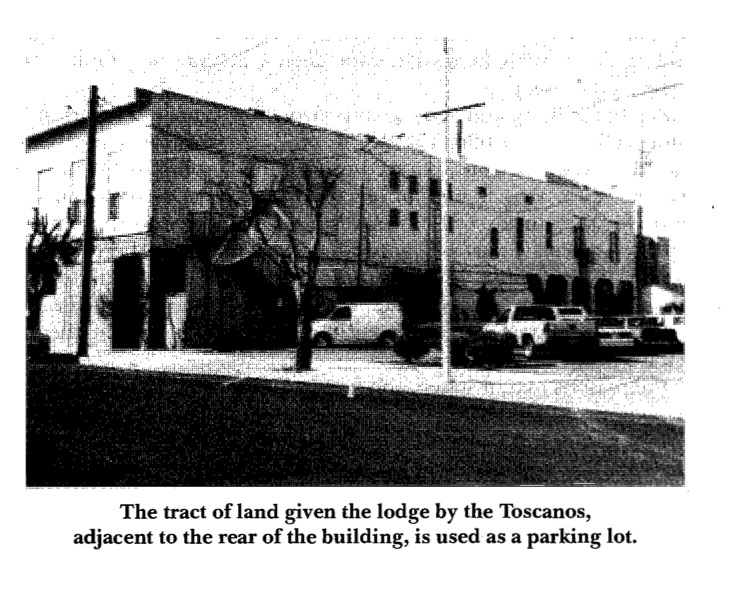At NLJ, Tony Mauro quotes Professor Amanda Frost, who posits that RBG’s statement about abortion is “a single sentence and a statement of fact,” and was not “a decision as to whether the law is or is not a health measure or an undue burden.” Read in the context of the question asked, and the answer provided, I disagree.
Here is the exchange:
JR: So how can advocates make sure that poor women’s access to reproductive choice is protected? Can legislatures be trusted or is it necessary for courts to remain vigilant?
RBG: How could you trust legislatures in view of the restrictions states are imposing? Think of the Texas legislation that would put most clinics out of business.
Jeff Rosen asks how can “advocates” (those arguing before the courts) make sure that “reproductive choice is protected.” Phrased differently, Rosen is asking how constitutional rights, specifically, the right to access an abortion, can be protected by “advocates.” Rosen then asks if the legislatures can be trusted to “protect” “access to reproductive choice.” Or phrased differently, if the legislatures can be trusted to guarantee certain constitutional rights. The question was geared directly at whether legislatures are taking steps to ensure constitutional rights are protected. It was a very finely worded question–and he was clearly baiting RBG to comment on a recent spate of abortion laws passed in several red states.
What does Justice Ginsburg answer? “How could you trust legislatures in view of the restrictions states are imposing?” In the context of Rosen’s question, she is speaking directly to whether you can trust states to not impose limits on “access to reproductive choice.” This much is clear.
She continues, “Think of the Texas legislation that would put most clinics out of business.” Read in isolation, this can be seen as a statement of fact–as a result of the Texas law, many clinics will go out of business. But, in the context of her previous sentence, that isn’t the import of her answer. In the context of her answer, the fact that the law passed by Texas would put clinics out of business is proof they can’t be trusted to protect “access to reproductive choice.” She was supplying an example to Rosen’s questions about state legislatures that can’t be trusted to protect access to abortions.
So yes, if you read the single sentence about “the Texas legislation that would put most clinics out of business,” she is making a statement of fact. But if you read the previous sentence, and the question posed before, the context of her views becomes much more clear. She isn’t merely stating as a matter of fact that clinics will close, but that the Texas legislature can’t be trusted because their legislation would have that effect, and limit “access to reproductive choice.”
All of this discussion reaffirms my belief that Justices and Judges should not be speaking about such matters, tip-toeing ever so close to cases that are still pending. I think Justice Scalia was wrong to make statements about the pledge of allegiance, but comported himself properly by recusing. I would expect the same of RBG, but I am very doubtful.
I would not be surprised if the Texas SG files a motion for her recusal. Imagine during oral arguments, Justice Ginsburg asks the Texas SG something to the effect of, “Counsel, I recognize that there are certain reasons put forth by the Texas Legislature as to how this protects the health of the mother, but I find that they are pretextual, and with strict scrutiny should be rejected. Isn’t it true that the true purpose of this law was to make it harder for women to access abortions by shutting down many clinics?” Although this would never happen, the response should be, “with respect Justice Ginsburg, it seems you have already answered that question in The New Republic.”








